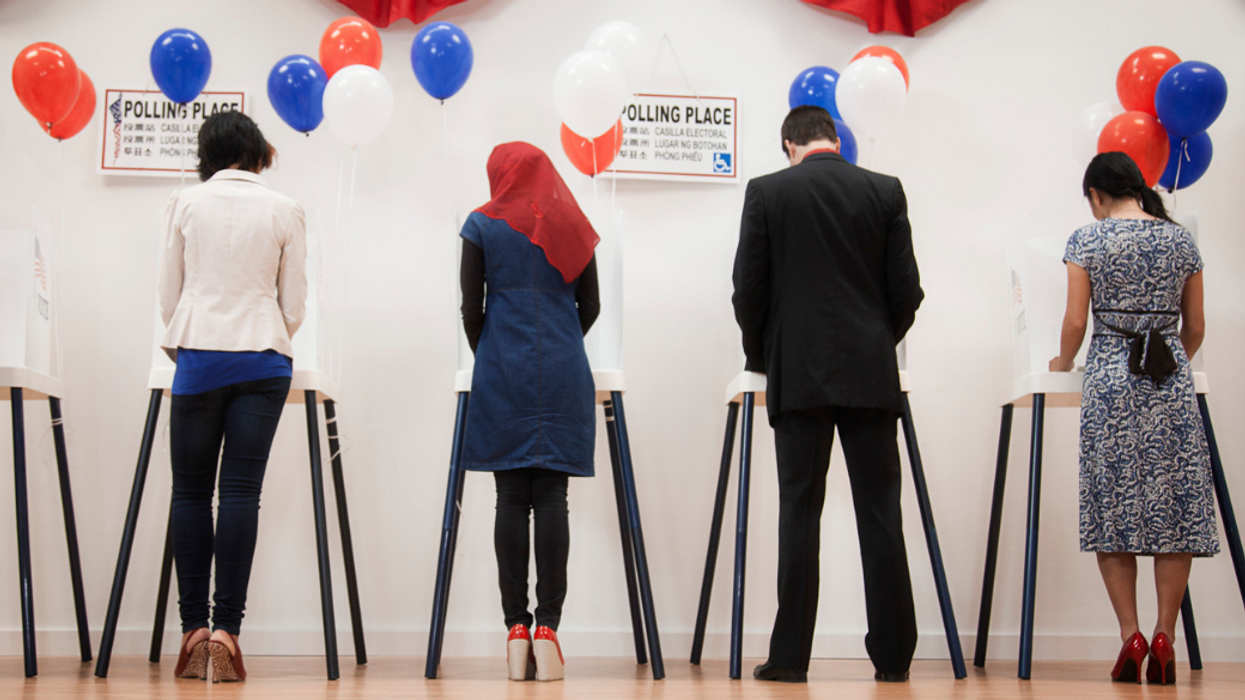On Dec. 19, at 6 p.m., Elections Reform Now will present a webinar on “How to Reform the Political System to Combat Polarization and Extremism.”
In 2021, a group of the leading academics in the United States formed a task force to study the polarization of the American electorate and arrive at solutions to the dysfunction of our electoral system. They have now written a book, "Electoral Reform in the United States: Proposals for Combating Polarization and Extremism," published just this month.
Join this webinar with three leaders of this task force:
- Larry Diamond, professor at Stanford University and noted democracy expert
- Edward Foley, director of the Constitutional Law Center at Ohio State University.
- Rick Pildes, professor of constitutional law at New York University Law School.
They will present the task force findings on new election systems, revamping primary elections, changing the system for presidential nominations and creating new campaign financing rules.
Register now.
Reform Elections Now is a nonpartisan organization founded by Harvard Business School alumni, inspired by the research of Harvard professor and competitive systems authority Michael Porter and business executive Katherine Gehl on how partisan gridlock is hurting our country. In their book, “The Politics Industry: How Political Innovation Can Break Partisan Gridlock and Save Our Democracy,” they focus on reforms to break the gridlock and help the government serve the interests of all the people. The book brings a fresh perspective, deep scholarship, and a real and actionable solution — final-five voting — to the grand challenge of our broken political and democratic system. Top-four voting has been adopted, was reaffirmed recently, in Alaska and is being advanced in variations for other states. A top-three variation, which does not require ranked-choice voting, will also be explained at the Zoom gathering.
Our country is badly divided. Americans’ trust in government, elections, media and each other is at historic lows. People on both sides feel alienated from a system that has abandoned them. The two political parties are a duopoly that promotes this divide by catering to their bases, excluding moderates and independents, rejecting bipartisanship and controlling massive spending.
REN believes that election reform is the most systematic way to reduce partisanship in government. To this end, we pursue our mission by providing our members and audiences with insightful analyses, high-return solutions and opportunities for targeted engagement with like-minded organizations and influential leadership. We focus on pragmatic election reform initiatives that are achievable, constructive and measurable.
Nevins is co-publisher of The Fulcrum and co-founder and board chairman of the Bridge Alliance Education Fund.




















Trump & Hegseth gave Mark Kelly a huge 2028 gift